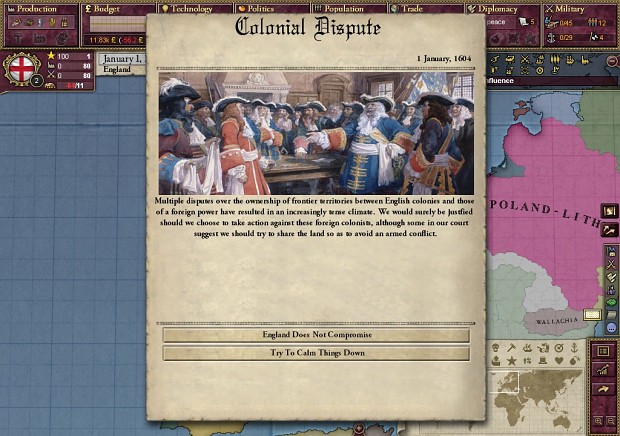

Colonial rationale and resistanceĬolonial powers justified their conquests by asserting that they had a legal and religious obligation to take over the land and culture of indigenous peoples. Starting in the 1880s, European nations focused on taking over African lands, racing one another to coveted natural resources and establishing colonies they would hold until an international period of decolonization began around 1914, challenging European colonial empires up to 1975. However, the Eastern Hemisphere continued to tempt European colonial powers. Despite the growth of European colonies in the New World, most countries managed to gain independence during the 18th and 19th century, beginning with the American Revolution in 1776 and the Haitian Revolution in 1781. What is Columbus Day? Why do we celebrate it? Find out the history of the holiday, the 1492 voyage it commemorates, and the controversy it has ignited.Įngland, the Netherlands, France, and Germany quickly began their own empire building overseas, fighting Spain and Portugal for the right to lands they had already conquered. Spain and Portugal became locked in competition for new territories and took over indigenous lands in the Americas, India, Africa, and Asia. Instead, he landed in the Bahamas, kicking off the Spanish Empire. In 1492, Christopher Columbus began looking for a western route to India and China.

Soon the Portuguese had conquered and populated islands like Madeira and Cape Verde, and their rival nation, Spain, decided to try exploration, too. In 1415, Portuguese explorers conquered Ceuta, a coastal town in North Africa, kicking off an empire that would last until 1999. Beginning in the 15th century, Portugal began looking for new trade routes and searching for civilizations outside of Europe. Modern colonialism began during what’s also known as the Age of Discovery. onward, and established colonies that drew on the physical and population resources of the people they conquered in order to increase their own power. These civilizations all extended their borders into surrounding and non-contiguous areas from about 1550 B.C. In antiquity, colonialism was practiced by empires such as Ancient Greece, Ancient Rome, Ancient Egypt, and Phoenicia. The concept of colonialism is closely linked to that of imperialism, which is the policy or ethos of using power and influence to control another nation or people that underlies colonialism. By 1914, a large majority of the world's nations had been colonized by Europeans at some point. Colonialism is defined as “control by one power over a dependent area or people.” It occurs when one nation subjugates another, conquering its population and exploiting it, often while forcing its own language and cultural values upon its people.


 0 kommentar(er)
0 kommentar(er)
